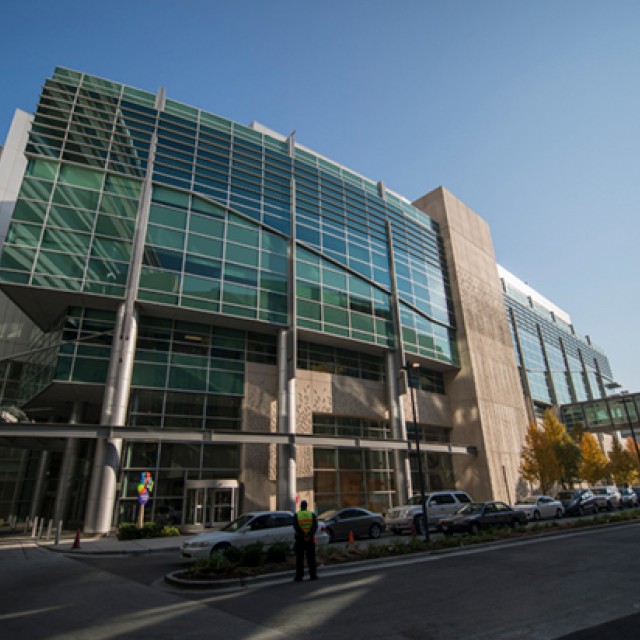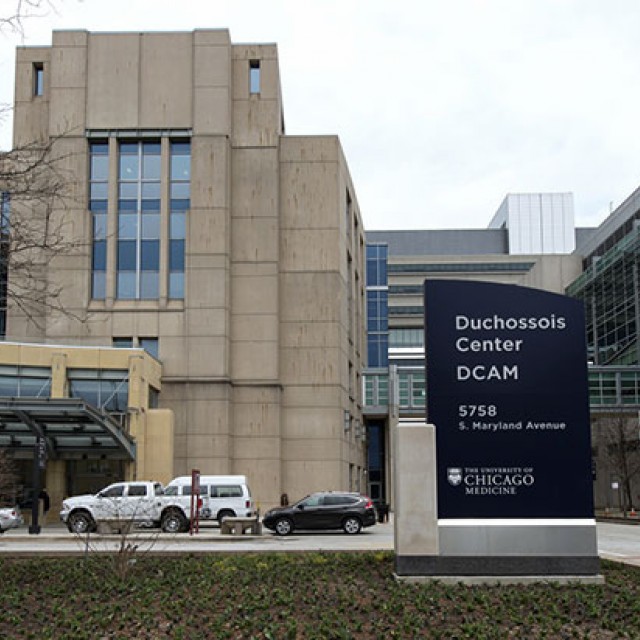History of the Department of Neurology
Neurology and neurosurgery have a long and interwoven history at the The University of Chicago. The University of Chicago was founded in 1892, and that very same year, Harold Donaldson started a Neuroscience program at the University.
The American School of Comparative Anatomy, which linked brain structure with behavior and function, was born here several years later. The close relationship between Neurology and Neurosurgery at our institution was embodied early in Percival Bailey, an illustrious neurosurgeon, who was also intensely interested in neurology and neuropsychiatry. He moved to Chicago after training with Harvey Cushing in Boston and worked closely with many members of the University of Chicago neurological faculty.
One of these Chicago neurologists was Paul Bucy, who together with Heinrich Klüver, a morphologist and behavioral scientist, paved the way for a major understanding of the temporal lobe by describing the Klüver-Bucy syndrome. A. Earl Walker, under the stimulus of Steven Polyak, laid the foundation for all subsequent understanding of the thalamus. W.H.Sweet made remarkable contributions to the study of pain. Ralph Cloward developed the use of titanium plates in brain surgery and bone grafts in lumbar disc surgery.
Later, Theodore Rasmussen summarized and analyzed the existing body of information on the response of the human cortex to electrical stimulation, and with others (Penfield, Jasper, and Feindel) laid the basis for the modern surgical management of epilepsy.



